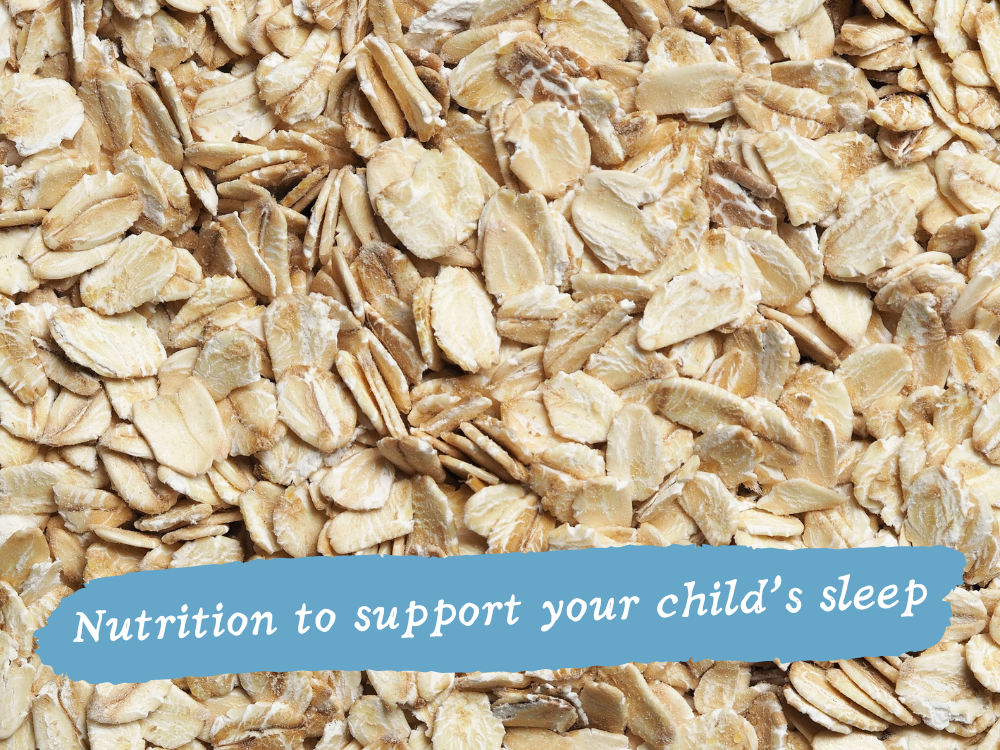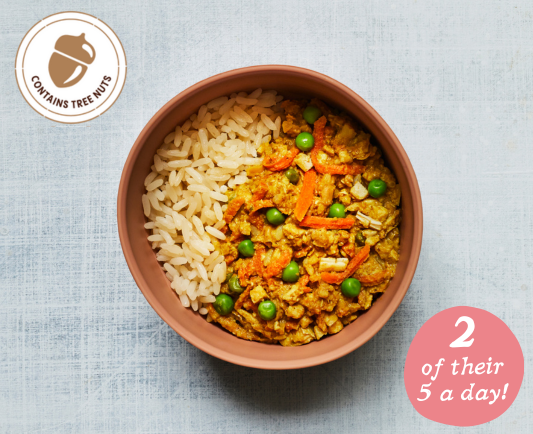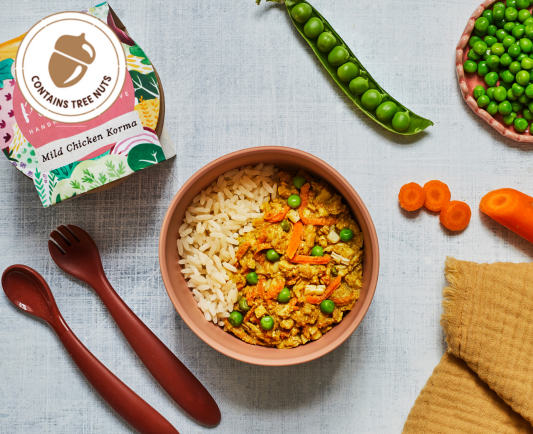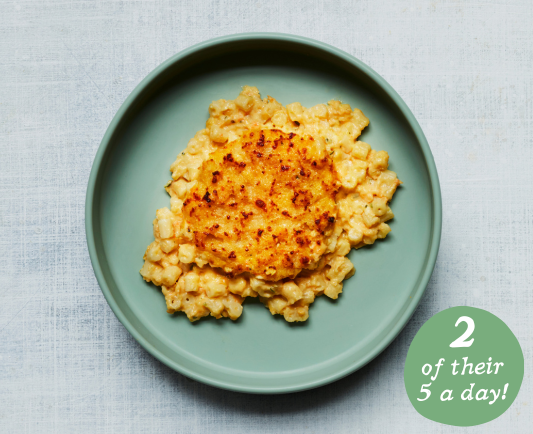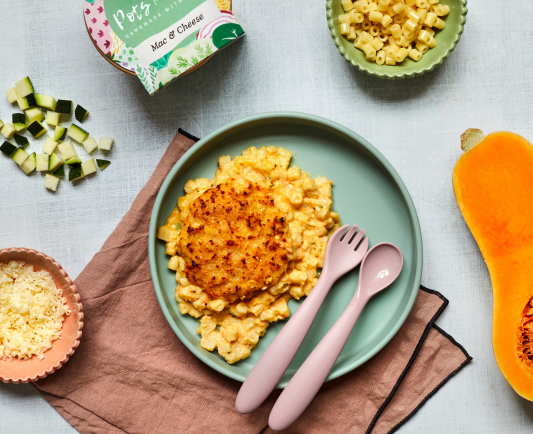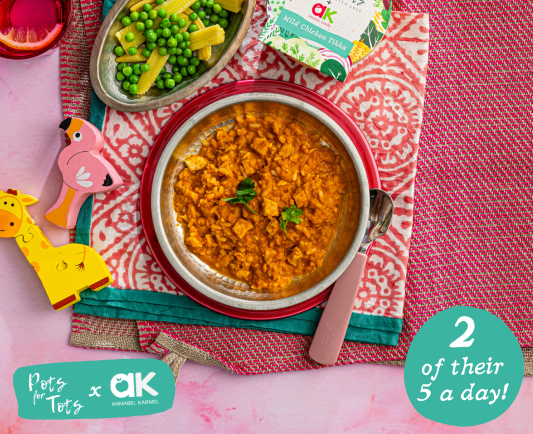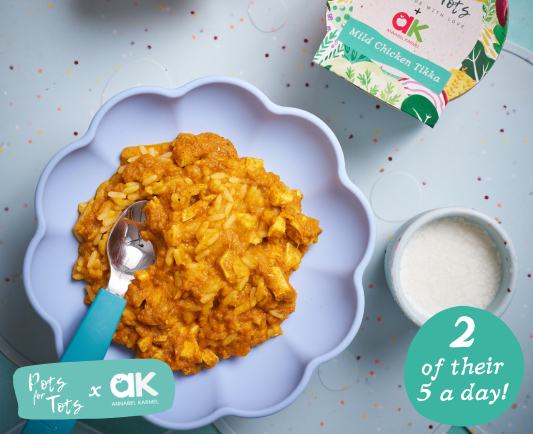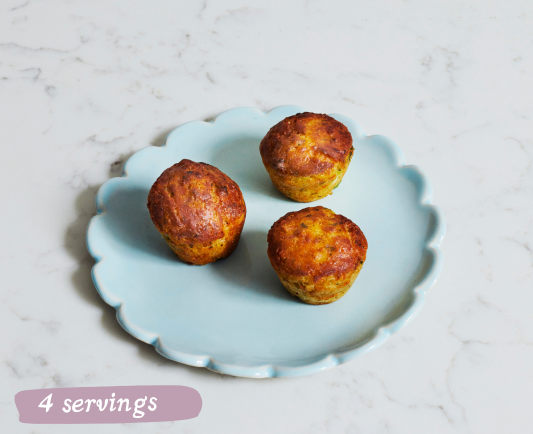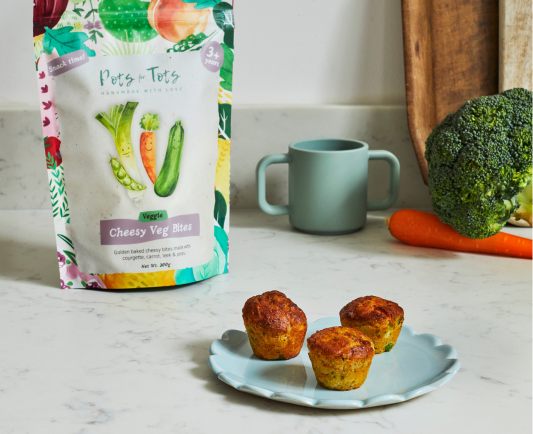If there is one thing every parent is after, it's more sleep! And we bet you're wondering, are there food choices or hacks with what you offer your child that can help them pack in some more z’s? Well, our in-house Children's Dietitian, Lucy Upton, is here to delve into children's nutrition, sleep, and cover all things 'sleepy' food!
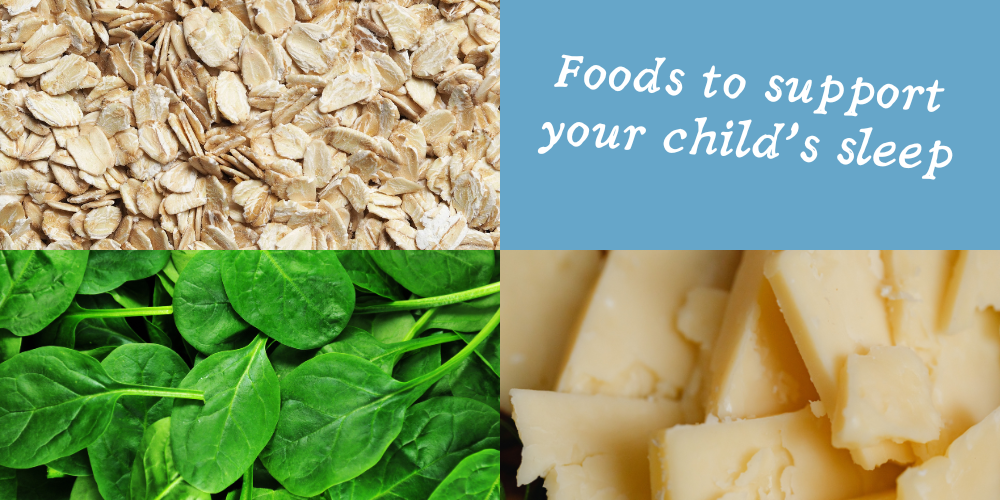
Types of food to support your child's sleep
The good news is that there is a variety of foods that can support a child’s sleep and that lots of these foods you’ll already be giving already. A complete dietary overhaul is rarely needed!
Tryptophan-rich foods
An essential building block for protein in the body (aka an ‘amino acid’), Tryptophan is well recognized to support the production of the hormone that helps us all fall asleep – melatonin. Including tryptophan-rich foods in your child’s diet towards the end of the day e.g. afternoon snack or evening meal, may support sleep. These foods include:
- Grains like oats, wheat and wholewheat bread and brown rice
- Nuts and seeds e.g. sesame, pumpkin seeds, walnuts, almonds
- Meats e.g. chicken, turkey
- Legumes e.g. soybeans, kidney beans and chickpeas,
- Fish e.g. tuna, mackerel, salmon
- Dairy e.g. milk, cheese, yogurt
Magnesium-rich foods
Magnesium is well recognized as another key nutrient which has a role in relaxation and restful sleep. You can find magnesium in foods such as green leafy vegetables, legumes, nuts and seeds, whole grains and even added to fortified cereals (you’ll see there are lots of similarities here with the foods above!)
Vitamin D
A nutrient which most children should be supplemented with daily is increasingly linked with children’s sleep. Vitamin D deficiency in children has been related to sleep disorders, including restless sleep, sleep apnea and restless leg syndrome (*1). Remember current guidelines are to supplement with 10mcg/day of Vitamin D (ideally D3) for;
- All breastfed babies from birth
- All formula or combination babies once having <500mls formula per day
- All toddlers 1-4 years
A balanced diet overall
While less specific, the reality is that a whole range of nutrients will be responsible for supporting sleep in children so stepping back and focusing on a balanced diet overall is just as important as key ‘nutrient’ foods. For example, iron deficiency anemia has been associated with altered long and short-term sleep patterns (*2).
At Pots for Tots, we create nutritionally balanced meals for babies and toddlers which contain a range of nutritents to support growing tummies. You can see our whole menu here.
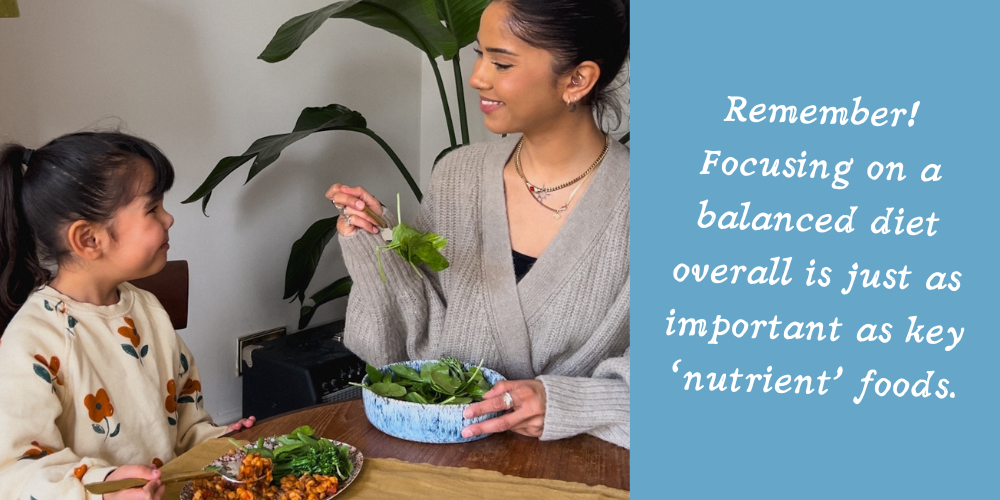
Foods which may disrupt your child’s sleep
Foods high in sugars
Some parents report increased energy levels and difficulty falling asleep after consumption of foods high in added sugars.
Caffeine
While we don’t expect any toddlers to be tucking into tea and coffee, it’s important to remember that small amounts of caffeine (a stimulant) can be found in foods like chocolate too!
Fermentable foods
Some children are more sensitive than others to foods that naturally produce gas during the digestive process (e.g. onion, garlic, and brassicas like broccoli). While gas production is normal, I know from some children I see in the clinic that high intakes of these foods before bed can sometimes cause tummy disruption. It doesn’t always mean these need to be excluded – just moderated if need be or moved around in the day's meals.
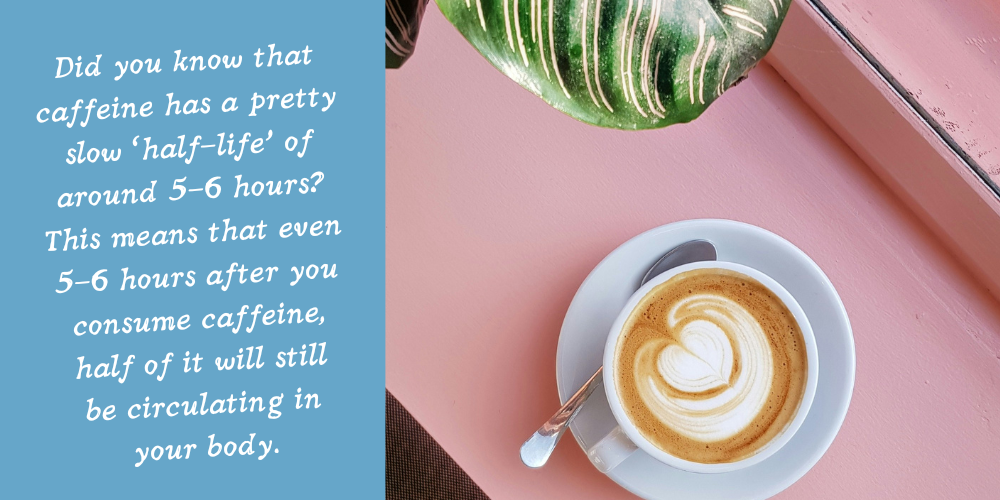
And parents, don’t forget yourselves either!
More sleep is something we are often all craving, so consider factors to support the quality of your sleep. For example, did you know caffeine has a pretty slow ‘half-life’ of around 5-6 hours – this means that even 5-6 hours after you consume caffeine, half of it will still be circulating in your body. Having a healthy caffeine cut off e.g. 1-2 pm (or earlier) can be helpful to support your sleep.
Noted, Lucy! *Puts down cup of coffee at 3pm...*. If you're looking for more nutrition advice from Lucy, she's recently shared tips on how to support your child's gut microbiome, and the benefits of including pulses in your diet.
Love, Team Pots for Tots x

1. Prono, F., Bernardi, K., Ferri, R., & Bruni, O. (2022). The Role of Vitamin D in Sleep Disorders of Children and Adolescents: A Systematic Review. International Journal of Molecular Sciences, 23(3). https://doi.org/10.3390/ijms23031430
2. Peirano, P. D., Algarín, C. R., Chamorro, R. A., Reyes, S. C., Durán, S. A., Garrido, M. I., & Lozoff, B. (2010). Sleep alterations and iron deficiency anemia in infancy. Sleep Medicine, 11(7), 637. https://doi.org/10.1016/j.sleep.2010.03.014
